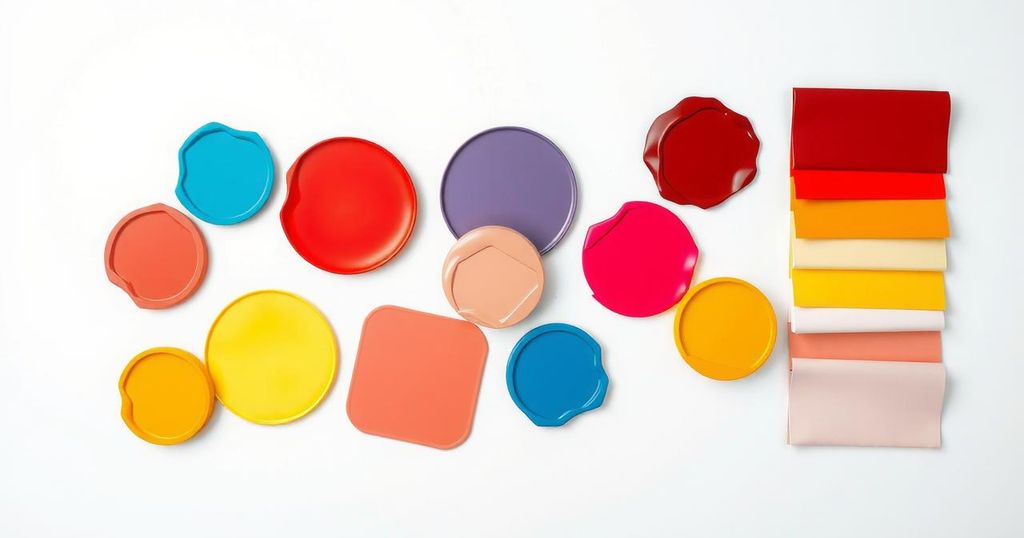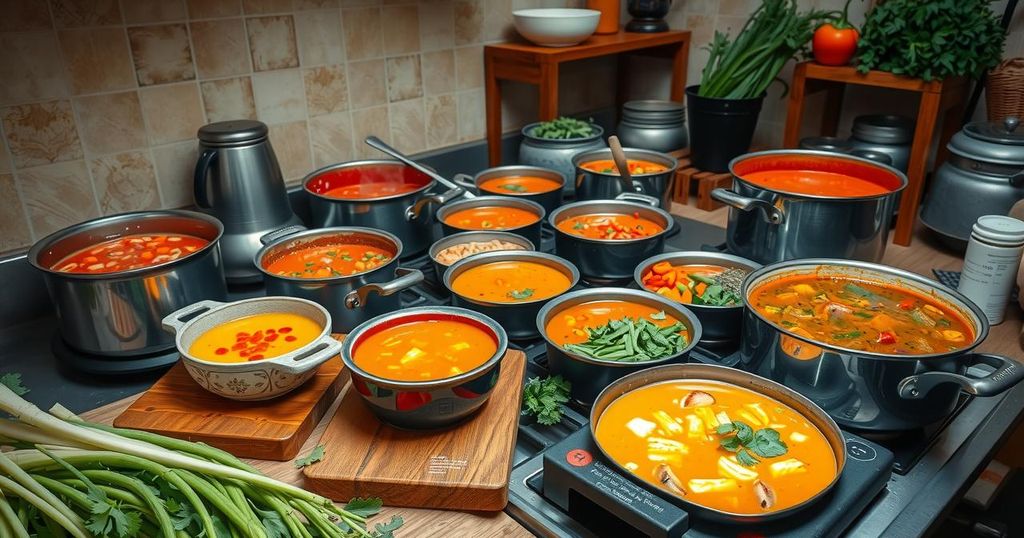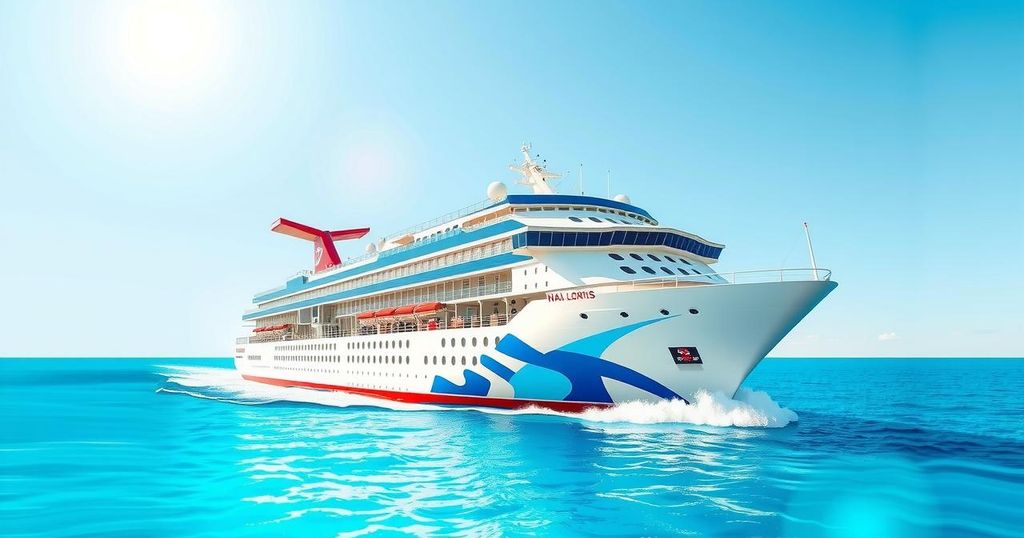JoyNews Exposé Reveals Toxic Lead Levels in Paints Sold in Ghana
A JoyNews exposé highlights dangerously high lead levels in paints sold in Ghana. Research found 15 out of 46 paint samples exceeded the safe limit, with the highest lead content reaching 200,000 ppm, posing serious health risks, especially to children and pregnant women. The lack of regulation and oversight contributes to this public health crisis, necessitating immediate intervention.
Recent findings from a JoyNews Hotline documentary, titled “American Paints: The Painter’s Galamsey,” reveal alarming levels of lead in paints sold within Ghana. Collaborative research by American scientists and Ghanaian regulatory officials discovered that 15 out of 46 tested paint samples exceeded the safe lead limit of 90 parts per million (ppm). This evidences a concerning rise from 2023, when only six out of 59 samples surpassed acceptable levels.
The study unveiled that certain paints have escalated in lead content, with the highest recorded at an astonishing 200,000 ppm. This illicit exposure particularly endangers pregnant women and children, who are at risk for irreversible brain damage and other neurological disorders. The affordability of these hazardous paints may be influencing consumers’ choices, despite their lack of certification from the Ghana Standards Authority.
Professor Alex Dodoo, CEO of the Ghana Standards Authority, confirmed the lack of regulation for these paints, highlighting an oversight issue due to a regulatory turf war between his agency and the Food and Drugs Authority (FDA). The FDA asserts it lacks jurisdiction over imported paints, leading to unmonitored market conditions. Additionally, reports indicate that some importers collaborate with customs officials to smuggle these toxic paints into Ghana, thus avoiding oversight and statutory duties.
Concerns regarding the processing conditions of these paints have been underscored by Jessica Nkansah from the Ghana Standards Authority. Meanwhile, Lovelace Sarpong of the Environmental Protection Agency indicated that while some local manufacturers have improved their lead standards following a UN investigation, uncertified imports remain a significant threat to public health.
The moniker “American Paints” serves as a misleading label that attracts consumers to harmful and substandard products. Urgent measures are necessary to prevent these toxic substances from jeopardizing the lives of vulnerable individuals, particularly children, susceptible to lead poisoning.
In conclusion, the revelations from the JoyNews documentary highlight a dire public health threat posed by lead-laden paints sold in Ghana. The lack of regulatory oversight and market controls exacerbates the risks, making substantial intervention essential to safeguard the wellbeing of the population, especially the most vulnerable groups, such as children and pregnant women. Awareness and action are critical in addressing this hazardous situation.
Original Source: www.myjoyonline.com




Post Comment